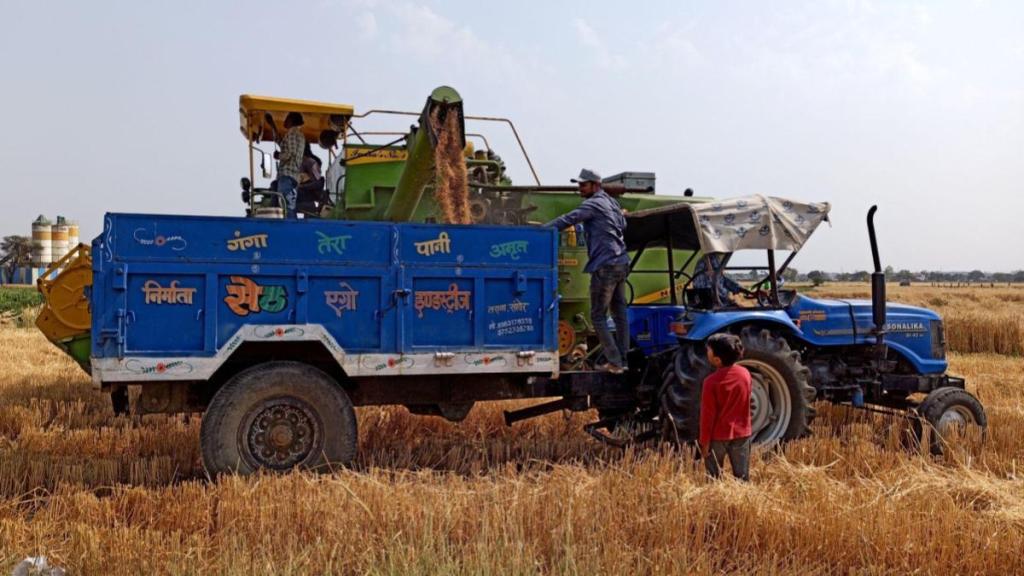The Union Cabinet chaired by Prime Minister Narendra Modi approved significant enhancements to the Agricultural Infrastructure Fund (AIF) scheme last week. The changes aim to make the AIF more attractive, impactful and inclusive, with the goal of enhancing agricultural productivity and building robust infrastructure across the country.
What is Agriculture Infrastructure Fund (AIF)?
The AIF, launched in 2020, is a scheme designed to provide long-term debt financing for the development of post-harvest management infrastructure and community farming assets. Agriculture is a cornerstone of India’s economy, engaging about 54.6% of the total workforce and contributing 17.8% of the nation’s Gross Value Added (GVA) as of 2019-20. Recognizing the sector’s critical role, the government has focused on sustainable growth and improved farmer incomes through various initiatives, including the AIF.
The primary objective of the AIF is to mobilise medium to long-term financing for viable projects that improve the country’s agriculture infrastructure. These projects cover areas such as warehouses, cold storage and community farming assets. The government has set aside Rs 1 lakh crore to be provided by banks and financial institutions in loans to eligible entities, including Primary Agricultural Credit Societies (PACS), Farmer Producer Organizations (FPOs) and self-help groups (SHGs), among others.
One of the key benefits of the scheme is the interest subvention of 3% per annum on loans up to Rs 2 crore. This subsidy is intended to reduce the financial burden on farmers and other stakeholders, encouraging investment in agricultural infrastructure.
How has AIF scheme fared so far?
Since its inception in July 2020, the AIF scheme has made valuable contributions in improving the country’s agricultural infrastructure. According to the Ministry of Agriculture and Farmers Welfare, “AIF has been instrumental in supporting creation of 6623 warehouses, 688 cold stores and 21 silos projects, resulting in additional storage capacity of about 500 LMT in the country”.
These projects have helped save 18.6 LMT of food grains and 3.44 LMT of horticultural produce annually, addressing the critical issue of post-harvest losses, the Ministry further claimed. The AIF scheme has also significantly mobilised investment in the agriculture sector. As of now, Rs 47,575 crore has been sanctioned for 74,508 projects, generating a total investment of Rs 78,596 crore. Private entities have contributed Rs 78,433 crore of this amount, the Ministry said in an official press release.
In addition to creating physical infrastructure, the scheme has made a substantial social impact by generating over 8.19 lakh rural employment opportunities, it further said.


